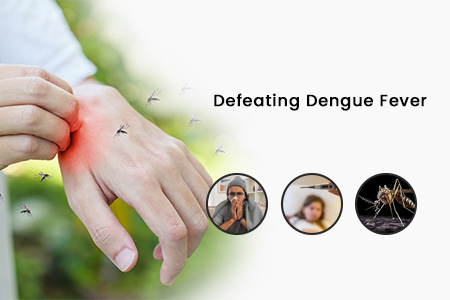2024-07-10
2024-04-12
2023-10-12
2023-09-13
2023-08-06
2023-08-04
2023-07-29
2023-07-05
2023-06-09
2023-02-03
2023-02-02
2023-01-06
2023-01-05
2023-01-04
2023-01-03
2023-01-02
2022-11-02
2022-07-30

Welcome to Sree Manju Hospital, where your health is our top priority. In this informative guide, we'll dive into the topic of Dengue Fever, a mosquito-borne viral illness that affects millions of people worldwide. We'll explore the causes, symptoms, prevention strategies, and the expert care and treatment options available at our hospital.
Understanding Dengue Fever:
Dengue Fever is a viral infection caused by the dengue virus, which is transmitted to humans through the bites of infected Aedes mosquitoes, primarily Aedes aegypti. This disease is prevalent in tropical and subtropical regions, making it a significant health concern in many parts of the world.
Common Symptoms of Dengue Fever:
Dengue Fever can range from mild to severe, and some individuals may not exhibit any symptoms at all. Common symptoms include:
Preventing Dengue Fever:
Prevention is key when it comes to Dengue Fever. Here are some effective measures to reduce your risk of contracting the virus:
Expert Care and Treatment at Sree Manju Hospital:
If you suspect you have Dengue Fever or are experiencing any symptoms, seeking prompt medical attention is crucial. At Sree Manju Hospital, we provide comprehensive care and treatment for Dengue Fever patients.
Dengue Fever is a serious health threat, but with timely diagnosis and expert care at Sree Manju Hospital, you can overcome the disease. Remember that prevention is the first line of defense against Dengue Fever. By taking proactive measures and staying informed, you can reduce your risk of infection. If you or a loved one experience Dengue Fever symptoms, do not hesitate to reach out to us. Your health and well-being are our top priorities, and at Sree Manju Hospital, we are dedicated to providing the highest quality care to help you recover and stay healthy.